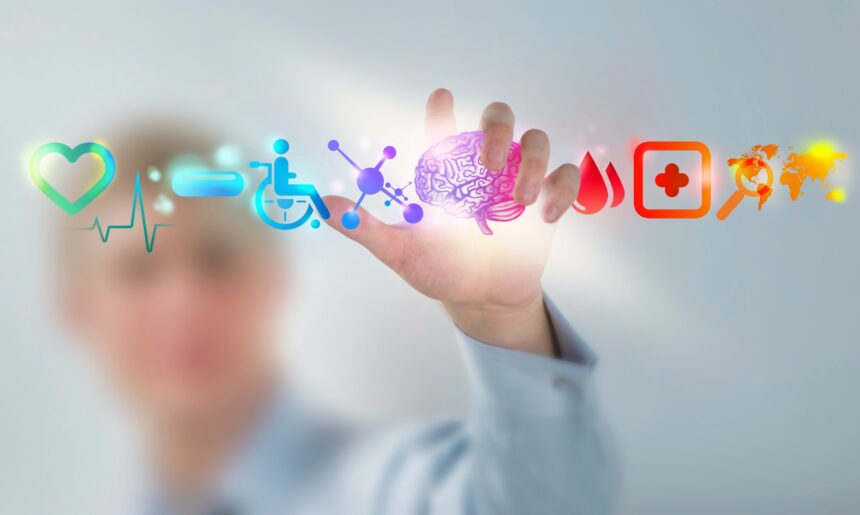In a way, technology dictates the direction of our civilization. From the stone age to mere hunters and gatherers to farmers and now industry workers. Science and technology are ingrained to our society. More than 10 years ago, we cannot do video calls nor post our thoughts and pictures up on the internet for the world to see. From banking, construction, manufacturing, automobile and food industry, everything is run by some sort of technology, of course even in medicine. Just like how technology catalyzed rapid changes to several sectors of our society, healthcare, and medicine has its fair share of advances. More than any factor, technology has driven advances in the healthcare sector. Medical changes and developments are implemented every year, and each is a significant progression from its predecessor. A very simple example of this is the use of a mercury filled thermometer to check one’s temperature, now it has a much safer version which is digital. There are far more medical advances peaking on the horizon. Some are in their infancy stage, others still a mere concept, while most are just yet to be fully utilized by the sector. Here are some amazing and exciting medical advances we can look forward to in the future
Artificial Organs
The demand for human organ transplant is tremendous, it even started a black market for such. It is difficult to find a match, and harder to find someone willing to share their own body parts. In the USA, around 115,000 people are listed in the waiting list for an organ transplant, with one person added every 10 minutes. The sad fact though is that 20 people die every day while waiting in vain. So how do we sustain the demand for organs? We grow them. There are some tests, and lab experiments being conducted that hold a great promise to this endeavor. There are several experimental ways to create and provide human organs, either you 3D print it, grow it in a Petri dish or transplant it from an animal like sheep or pigs. Currently, there is a successful experiment where lab-grown bladders were implanted to several people. If they happen to continue performing well, it can open up opportunities for this advancement and even become a standard procedure for diseases related to this.
Baby Making
According to the World Health Organization (WHO), more than one million babies die each day in the world due to several factors including birth defects, complications, prolonged labor, and infection. Such death could be prevented if the mother and the baby is healthy and strong. One solution medical scientist believe is by making designer babies. Babies can naturally be conceived by traditional intercourse, but they can also be formed in a not so traditional way, like IVF or In Vitro Fertilization. This works by having the selected egg cell and sperm cell meet in a dish, let fertilization happen before it is implanted into a womb. More scientist, companies, and investors are looking into this because not only does this prevent age-related infertility, but it can also prevent the offspring from inhering genetic disease or ailments from their parents. Some people call them designer babies, but it is a way of eliminating many genetic defects.
Doctor Robot
One significant core of the best healthcare is by providing quality, cost-effective medical attention to many people. Currently, though there is a shortage of health workers in hospitals especially in developing countries. The medical industry sees a solution to address this concern and that is by robots. With the combination of IoT, robotics, AI and other connected devices, healthcare facilities can now accommodate people in need of medical care without compromising quality and attention. Robots can work as assistants in hospitals by checking patients? rooms for their vital records while human nurses can focus on the more important tasks. Robots can also be used for their precision and accuracy as an assistant to the doctors who conduct surgery as well as make early diagnosis for people in emergency care.

